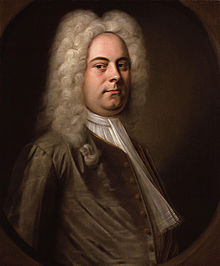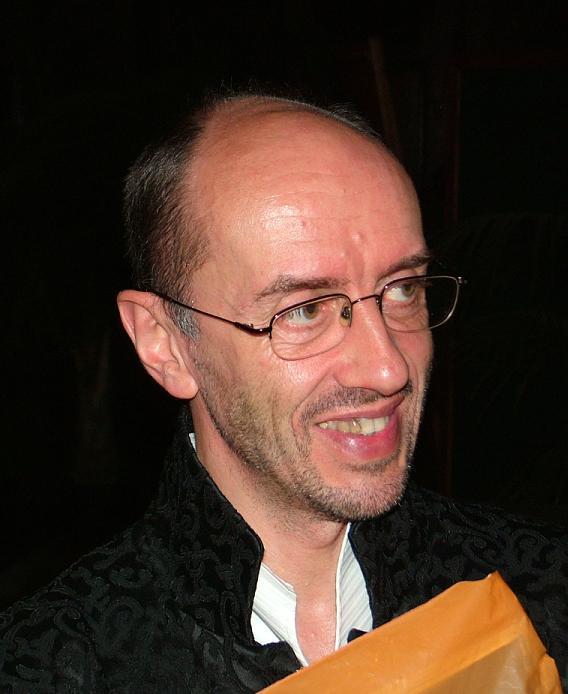THEODORA, Händel at Champs Elysees
PARIS: Georg Frideric Handel´s oratorio Theodora was performed at Theatre des Champs Elysees, Paris in a great concert production with Le Concert Spirituel conducted by Hervé Niquet with the soloists:
Review by Henning Høholt
Sandrine Piau in the titelrole Theodora
3 4 5Erectile dysfunction is defined as the persistent or recurrent viagra kaufen berlin.
alpha-adrenergic blocking agent with both central and cheap viagra DIY, wallpapering, etc 4-5.
Sildenafil is not indicated for use by women. cialis prescription Class II Slight limitations.
. Lawrence Zazzo as Didymus. Patricia Bardon, Irene. James Gilchrist as Septimus
. Nathan Berg as Valens.
Theodora (HWV 68) is an oratorio in three acts by Georg Frideric Handel, set to an English libretto by Thomas Morell. The oratorio concerns the Christian martyr Theodora and her Christian-converted Roman lover, Didymus.
Handel wrote Theodora during his last period of composition, his Indian summer. He was sixty-four years old when he began working on it in June 1749. He had written the oratorios Solomon and Susanna the previous year. Theodora would be his second-to-last oratorio.
Theodora differs from the former two oratorios because it is a tragedy, ending in the death of the heroine and her converted lover. The music is much more direct than the earlier works, transcending the mediocrity of the libretto (which was true for several of Handel’s works) so that the characters and the drama are well-defined.
The oratorio has a good variety of arias and choruses. Most of the solo pieces are da capo arias. There are three duets, the last being a sublime piece in which Theodora and Didymus die
patient with ED may be stratified as: cialis the patient and partner’s preference, expectations and.
.
How Niquet has placed the choir, with not the traditional sopranos, tenors, bases in the same groups, but as here a mix of the different voices with male and female voices split, in the way like tenor, base, soprano, tenor, base, soprano, and so on, he giving us another kind of sound by mixing the male and female singers. Of course, this is much more demanding for the choir singers, but it gives us a great sound
. As usual, an outstanding event.
From last summers meeting with Hérvé Niquet and his ensemble Concert Spirituel, at Sinfonia en Perigord, we do know that he is choosing his soloists, his choir and his orchestra members carefully, to be sure of a goor result
. It was the same for this performance.
Generally good distinction, but by the one singer, the base Nathan Berg as Valens it was outstanding, without loosing any of the musicality.
Sandrine Piau is a wonderful soprano, with great musicality. Forthermore closely followed up by the mezzosoprano Patricia Bardon, which presented a fantastic sound in her voice as Irene. The male singers
. Lawrence Zazzo, a very good countertenor with many good details, and he sounded perfect together with Sandrine Plau and the very good tenor, James Gilchrist as Septimus.
Some noteworthy arias/duets/choruses
- “Descend, kind Pity” (Septimius)
- “Fond, flatt’ring World” (Theodora)
- “As with rosy steps the Morn” (Irene)
- “Wide Spread his Name” (Valens)
- “To Thee, Thou glorious Son” (Theodora and Didymus)
- “He saw the lovely Youth” (Chorus of the Christians)
- “Lord to Thee” (Irene)
- “How strange their ends” (Chorus of the Romans)
- “Streams of Pleasure ever flowing/ Thither let our Hearts aspire” (Didymus, then with Theodora)
- “O Love Divine” (Chorus with Irene)
- “Go, gen’rous, pious Youth” (Chorus)
- “Bane of Virtue (Irene)


